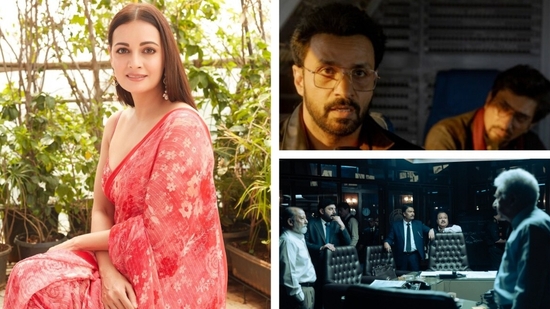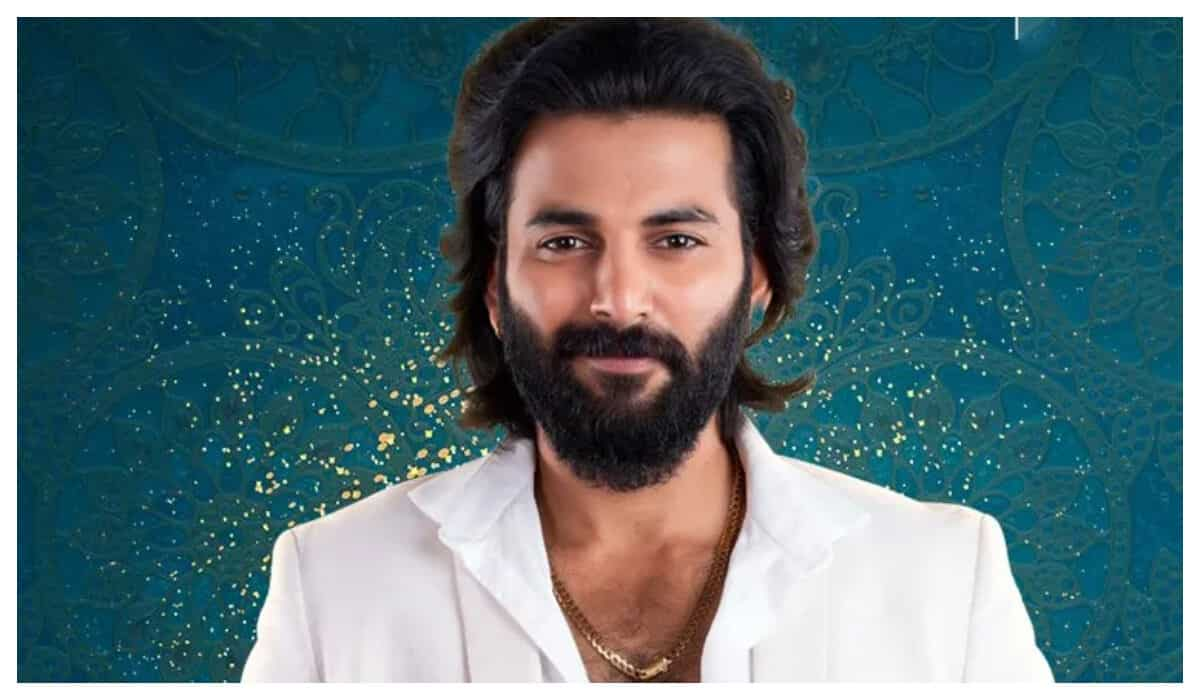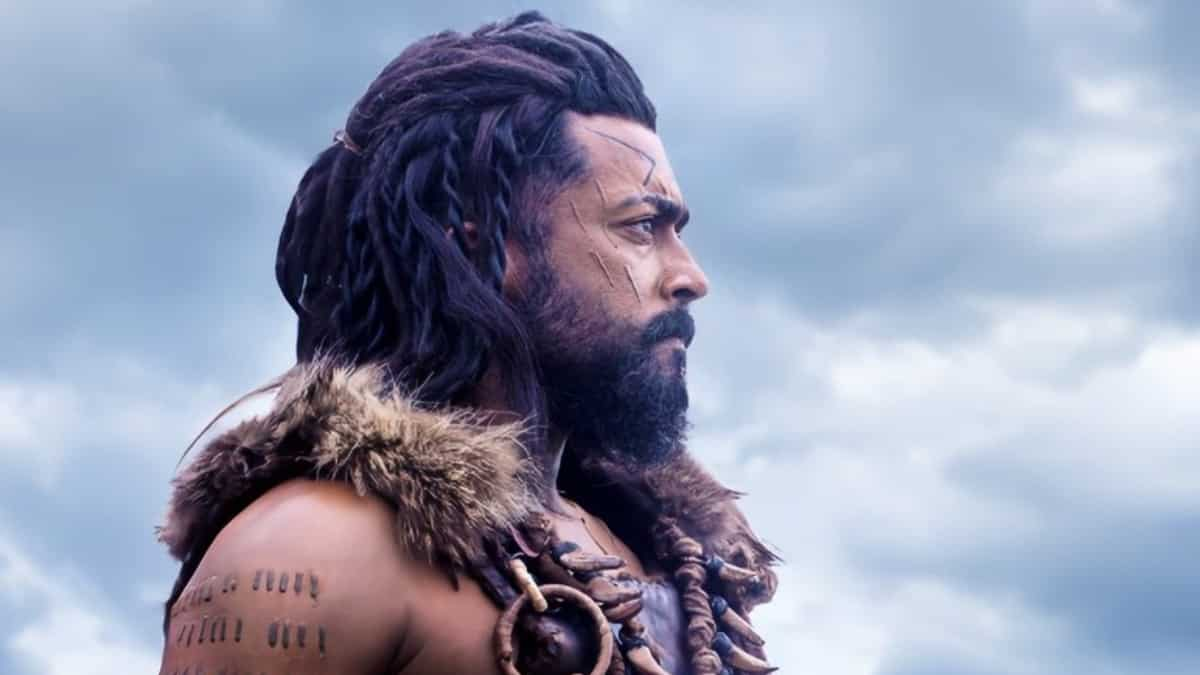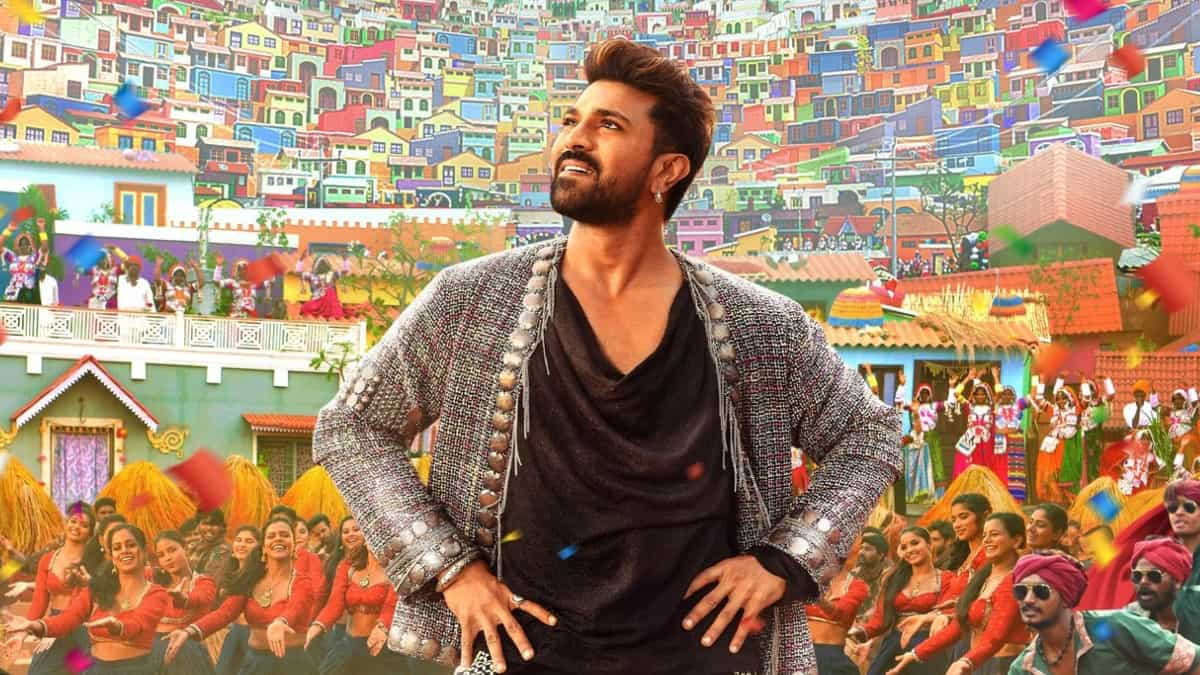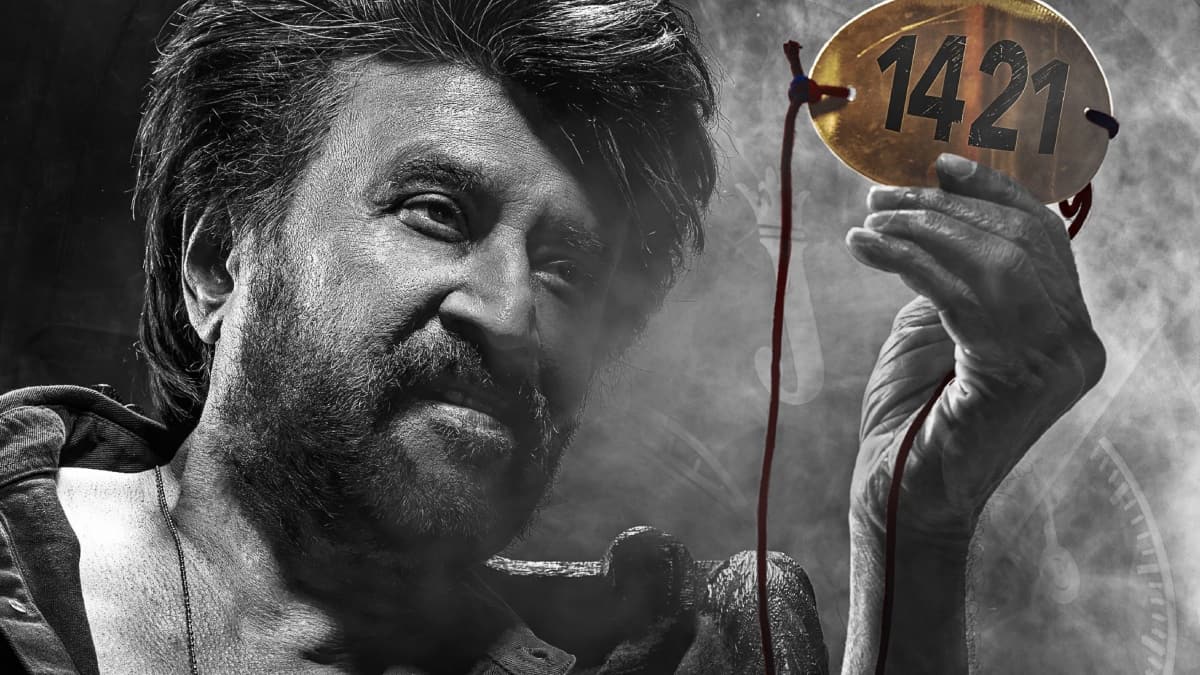
Cambodian director Rithy Panh on new doc Meeting With Pol Pot: 'All revolutions have good intentions in the beginning'
4 months ago | 41 Views
When Rithy Panh set out to make a movie on Khmer Rouge leader Pol Pot last year, the celebrated Cambodian director faced a strange dilemma. The actors he chose to play the Communist dictator responsible for the genocide of two million people in Cambodia between 1975 and 1979 kept disappearing.
"I found two actors, but they disappeared. The last one vanished just two weeks before the shooting was to start," says Panh, who shocked the world with graphic details of torture of prisoners by the Khmer Rouge regime in his 2003 documentary, S-21: The Khmer Rouge Killing Machine.
"It is difficult for anyone in Cambodia today to play Pol Pot. You can't force people to play him," explains the Paris-based Panh, who instead decided to show the shadow of the former prime minister of Kampuchea as Cambodia was known then.
"Okay, I thought if nobody was going to play him, I would play with his shadow," says Panh, who uses clay figurines of common people throughout the film to aesthetically merge fact and fiction. "Cinema is magic. From a difficult situation you can do something amazing. For me it was much more interesting with the shadow than the real character."

Meeting with Pol Pot
Panh's new documentary, Meeting With Pol Pot, which premiered at the 77th Cannes Film Festival earlier this week, tells the story of the arrival of three French journalists in Kampuchea in 1978 to interview Pol Pot. Lise Delbo is a reporter while Paul Thomas is a photographer. Alain Cariou, the third, is an intellectual who was a batchmate of Pol Pot at the university in Paris.
Part of the Cannes Premiere section of the festival, the Khmer and French language film relies on a visit to Kampuchea in real life by three journalists --- American war correspondent Elizabeth Becker, who later wrote the book, When the War was Over: Cambodia and the Khmer Rouge Revolution (1998), American journalist Richard Dudman and Malcolm Caldwell from Scotland.
Shot last year in an abandoned airport two-and-half hour drive from Cambodian capital Phnom Penh, the 112-minute documentary exposes the propaganda machine run by the Communist regime for changing the lives of people through revolution while starving them to death.

"We shot the film for six weeks in a real airport last year. A lot of people building this airport 50 years ago died because of starvation in their labour camp. The airport was never finished," Panh tells The Hindustan Times in an interview after the screening of Meeting With Pol Pot at the Cannes Film Festival.
Echo of contemporary society
"It is difficult to replace machines, but if people die you can replace them in a totalitarian regime," says the director of such works as The Missing Picture, an artistic exploration of the genocide that premiered at the Cannes Film Festival in 2013, and Rice People (1994), about Cambodians struggling to come to terms with the violence after the fall of Pol Pot in 1979.
"Each revolution has its own DNA," he says. “A lot of people talk about Marxism without reading Karl Marx. A lot of leaders like Pol Pot use ideology like pure form. I don't think Pol Pot was Marxist. Marx doesn't recommend that you kill people. When he talks about destroying class, he is not talking about killing people.”
"All revolutions have good intentions in the beginning, like we have to stand up against injustice and exploitation of the poor. People want freedom and food for their children. Later, the leaders become most of the time totalitarian because you need to maintain the power for the revolution to go on. In the case of Pol Pot, he said we would eliminate those who can't transform themselves."
Panh, whose works delve on memories of the atrocities, believes his new film is true about contemporary society too. "The film is also an echo of today's problems, how people are expected to choose a side immediately. Leaders manipulate and ask you to take a side. Modern manipulation is too fast that it deletes all memories."

Surviving the revolution
A teenager during the Khmer Rouge revolution, Panh, the youngest of nine children, lost his parents and half of siblings between 1975 and 1979. "My mother became sick and was admitted to hospital, but never came back home. My father died after he stopped eating saying you can't treat me like an animal. One of my sisters disappeared from hospital and another died in hospital from starvation. My eldest brother went missing after he went home to pick up a guitar he had just bought. Fifty years later, I still have a teeny hope he is alive," says Panh.
Two of his siblings survived because they were studying in universities in Europe. "All the rest of my family died. I survived by chance. You don't survive because you are stronger, you survive because others help you," he says.
Panh, who remained in Cambodia during the Khmer Rouge rule, became a filmmaker by accident. "I started to paint first while I was in college. I wasn't a bad artist. One day my painting professor gave me a camera with three film rolls and I made my first comedy film about how students were trying to escape from school."
Meeting Satyajit Ray
"I am old school," says Panh. "I met Satyajit Ray once in Kolkata in 1989. He is a very tall, beautiful man. I was young then. He was the master. He talked and I listened. I have watched his films and studied how he made each frame. It is not easy to make and he is very precise about close-ups. I am a student of Ray and (Japanese directors) Akira Kurosawa and Shōhei Imamura. They influenced me and enriched my mind."
"I need to express myself in my culture, identity and point of view. And sometimes I steal from these masters. I am not ashamed of stealing from masters."


